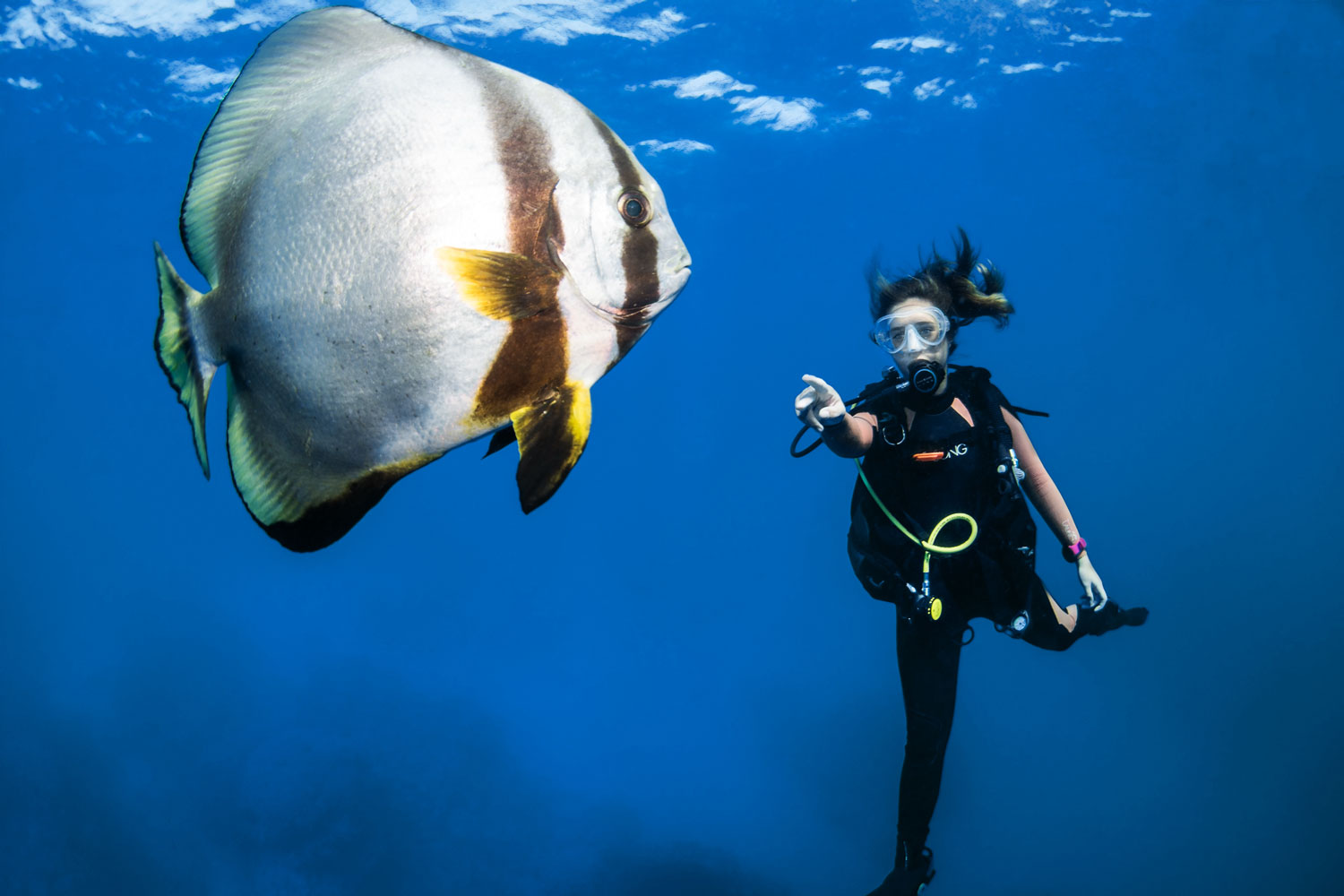
For many people, scuba diving on the Great Barrier Reef is an activity that people plan for when they get older. Bucket list items like scuba are a great activity to enjoy in a World Heritage area like the Great Barrier Reef. For many people, the prospect of an extreme sport like diving is the icing on the cake to a trip that has been a life-long goal. In this blog, we look at some of the requirements regarding medical fitness to dive, so that prospective divers can be better informed and have an easier time planning their dream excursion.
In 2018, the Queensland Government updated its Recreational Diving, Recreational Technical Diving and Snorkelling Code of Practice. This code of practice outlines requirements for prospective divers, especially in regard to medical fitness. Anyone wanting to undertake any form of dive training, whether it is a full scuba course or just an introductory dive, must complete a medical form beforehand to assess the individual’s fitness to dive. The medical questionnaire reads as follows:
Have you ever suffered from, or do you now suffer from, any of the following:
- Asthma or wheezing
- Brain, spinal cord or nervous disorder
- Chest surgery
- Chronic bronchitis or persistent chest complaint
- Chronic sinus conditions
- Collapsed lung (pneumothorax)
- Diabetes mellitus (sugar diabetes)
- Ear surgery
- Epilepsy
- Fainting, seizures or blackouts
- Heart disease of any kind
- Recurrent ear problems when flying
- Tuberculosis or other long-term lung disease
Are you currently suffering from:
- Breathlessness
- Chronic ear discharge or infection
- High blood pressure
- Other illness or operation within the last month
- Perforated eardrum
- Are you currently taking any medicine or drug (except oral contraceptives)?
- Have you ingested any alcohol within the eight hours prior to diving?
- Are you pregnant?
Answering “Yes” to any of these questions does not automatically exclude a person from diving.
But potential introductory divers who answer yes to any of the above questions are highly encouraged to go and get a statement of medical fitness (signed and dated ) from a doctor before they travel. With a signed medical certificate, Passions of Paradise is able to take someone who may have ticked “yes” to one of these questions, but whom a doctor has cleared to dive. Also, it is good to keep in mind that the above list is not exhaustive, and other medical conditions should be disclosed and a medical obtained.
There will also be this declaration to sign at the end of the medical form: Do you understand that concealment of any condition incompatible with safe diving might put your life or health at risk? It is important to disclose all medical conditions, even those that seem minor, so that our dive crew can give you the best possible advice.
While certified divers are required to fill out the medical form on-board as well, their certification status allows them a bit more leeway in determining their medical fitness to dive. Certified divers (divers with a licence) generally need to be able to answer the following questions:
- Since completing your last dive medical assessment, have you suffered any illness or injury that may affect your ability to dive safely?
- Are you currently suffering any illness or injury?
- Are you currently taking any prescription medication, other than the contraceptive pill?
Certified divers are generally allowed to dive if they can answer “no” to the first two questions. If they are taking prescription medication, they are generally okay to dive if they were taking it while they were doing their course or have had an updated medical.
Understandably, this information can seem like a lot to digest. Our main takeaway message is: If you have a medical condition or would tick “yes” to any of the medical questions, you are better off to get a medical prior to your trip to ensure the best possible experience on Passions of Paradise.
We love taking people diving on the Great Barrier Reef, and it is our commitment to ensure that everyone wanting to dive will have a safe and comfortable experience.
